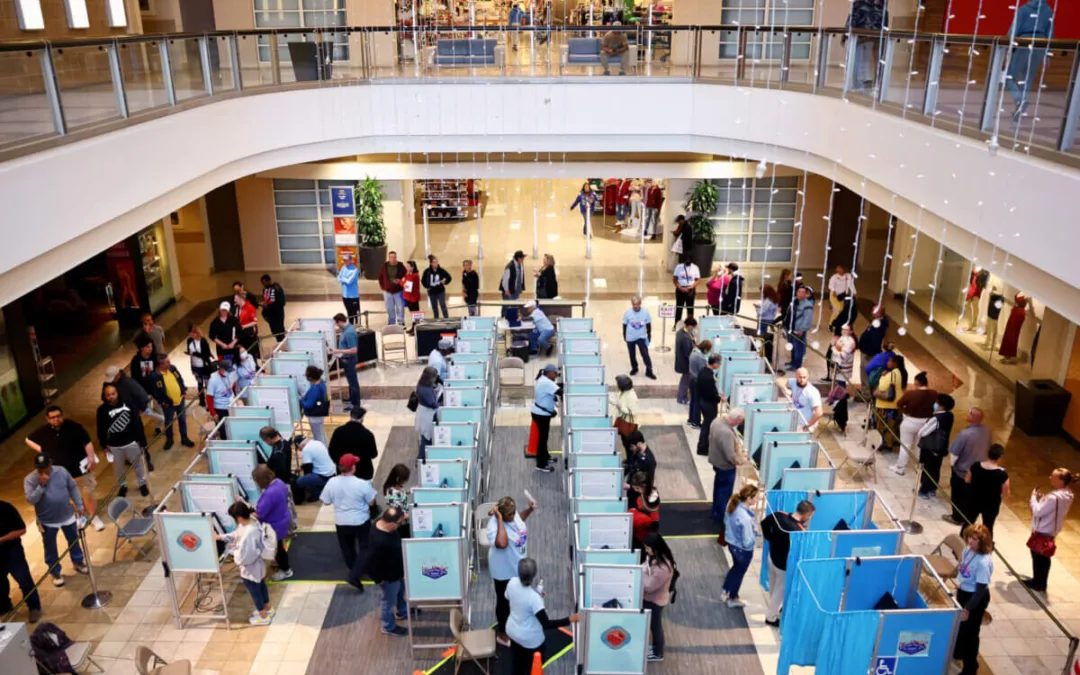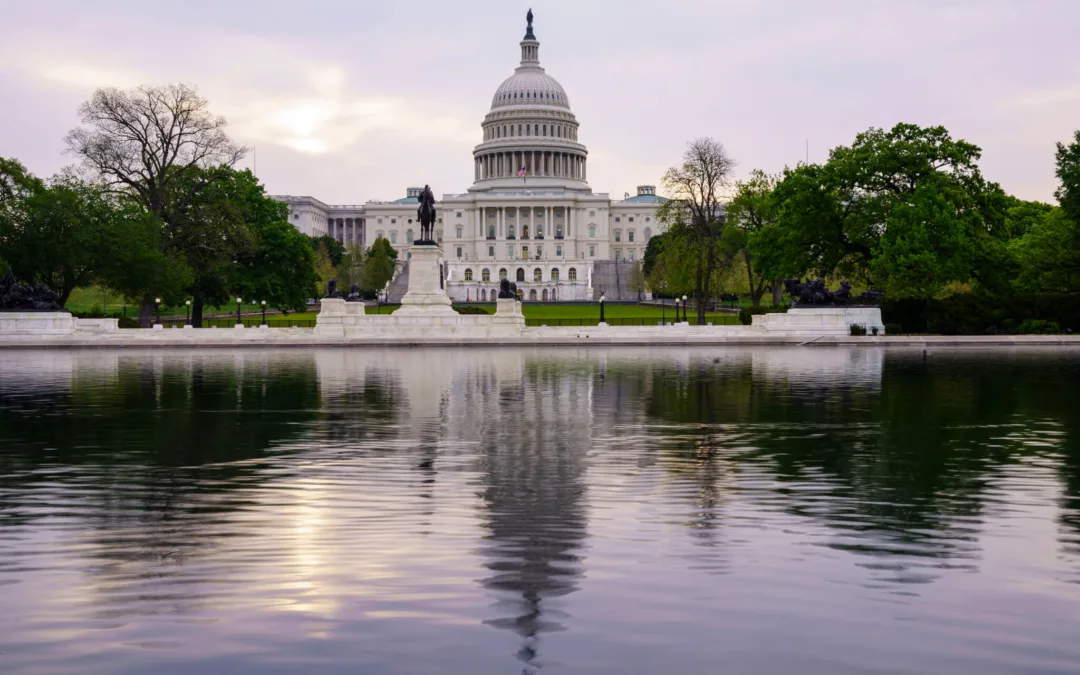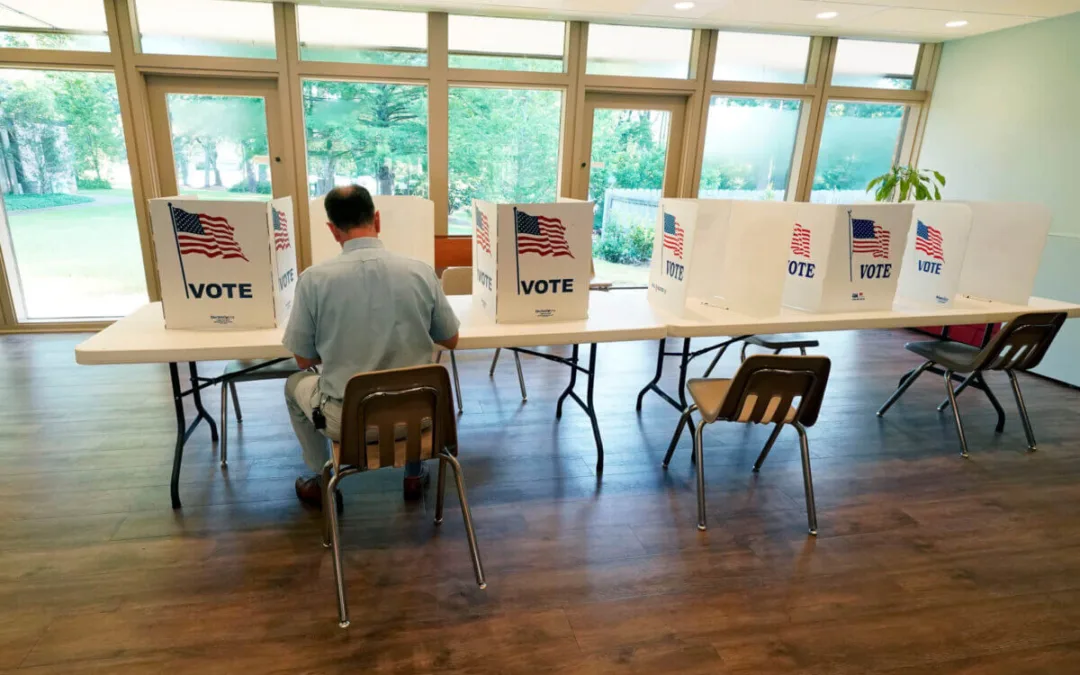
Image courtesy of Telemundo.
Economic development, corruption, and political status were some of the main topics of last night’s debate.
Economic development was the first topic in Puerto Rico’s “Debate decisivo,” broadcast by Telemundo on Thursday night, the last debate between the six contenders for the governor’s seat before the election.
Dr. César Vázquez, the Proyecto Dignidad (PD) candidate, said during his introductory remarks that he came to the debate to answer questions from the public, not journalists or debate hosts.
RELATED: Meet Puerto Rico’s Candidates for Governor
“You ask [the question], and I’ll decide if I’m going to answer it,” Vázquez said.
Sánchez asked the candidate if he would oppose gay tourism as part of a proposal for the island’s economic development. In previous debates, the PD leader has held controversial positions regarding gender identity.
“Puerto Rico’s doors are equally open to all. Anyone who wants to come will be welcome. I have no problem providing medical services or protecting them,” Vázquez said.
Charlie Delgado, the Popular Democratic Party candidate, said he will cancel the LUMA Energy LLC contract, which is meant to manage the local power utility’s distribution of electricity.
“The contract is not good because it imposes costs that people will end up paying,” Delgado said.
Sánchez asked Juan Dalmau, the Puerto Rico Independence Party (PIP by its Spanish initials) candidate, why his party is opposed to privatization.
“I believe in private companies—what I do not believe in is deconstructing essential services for the people of Puerto Rico, such as health services, water, electricity, and others,” Dalmau said.
Dalmau also talked about his proposal to reduce the workweek to four days, while keeping wages the same. He said his plan breaks “with the paradigm that has led us to bankruptcy and fiscal crisis” and would establish a 10% tax contribution from every corporation.
RELATED: LIVE BLOG: The Latest on Puerto Rico’s 2020 Gubernatorial Race
Pedro Pierluisi, the New Progressive Party (PNP by its Spanish initials) candidate, said he would reevaluate some aspects of Puerto Rico’s controversial Labor Reform Act.
“It’s brought good things, like businesses being able to open on Sundays, but there are issues that could be reconsidered,” Pierluisi said. “There are things that are not to my liking, so my administration would work to improve areas that need to be discussed.”
Alexandra Lúgaro, candidate for Movimiento Victoria Ciudadana (MVC), criticized Pierluisi for his response, saying that the labor reform “has increased poverty and inequality” mainly among women.
On the topic of in-person classes, Lúgaro said she would not reopen school campuses until all structures are assessed to be earthquake-proof. The candidate explained that she would use government-owned WIPR-TV as part of the public education program, provide electronic equipment that integrates educational materials, and decrease the number of students per classroom.
“We know 42% of schools have been closed, which has resulted in classrooms with 28 to 32 students,” she said.
Eliezer Molina, an independent candidate representing the Movimiento de Conciencia (MC) party, also mentioned the importance of structurally reinforcing public school buildings—especially those in the southern region of the island—̦in light of a seismic sequence that has caused serious damage since early this year.
Some schools in Puerto Rico were built using shorter columns, which makes them more vulnerable to earthquakes. One such building was completely destroyed in the municipality of Guánica.
“We have to develop our schools to solve the short-column problem. I have said it a thousand times—the moment [to do so] was now that children are home. They didn’t [address the situation]; the money is there,” Molina said.
When asked about corruption during the four-year term that is about to conclude, Pierluisi replied, “I am not the incumbent of this government.”
In the segment dealing with the island’s political status, Pierluisi was asked if the official language in Puerto Rico would change from Spanish to English if statehood came to be.
“Our Puerto Rican identity is not negotiable and will not be a limitation to being the 51st state,” Pierluisi said.
Politics

Teamsters and UPS Reach Tentative Deal to Avoid Strike, 340,000 Workers to Get Raises
The tentative deal represents a huge win for full- and part-time UPS Teamster workers, who would get significant pay raises and better working...



One Republican Senator Is Blocking 265 Military Promotions, Leaving the Marines Without a Confirmed Leader
Sen. Tommy Tuberville's decision means these military officers are not getting the pay raises they’re owed, cannot move their families to wherever...
Local News



Teamsters and UPS Reach Tentative Deal to Avoid Strike, 340,000 Workers to Get Raises
The tentative deal represents a huge win for full- and part-time UPS Teamster workers, who would get significant pay raises and better working...



One Republican Senator Is Blocking 265 Military Promotions, Leaving the Marines Without a Confirmed Leader
Sen. Tommy Tuberville's decision means these military officers are not getting the pay raises they’re owed, cannot move their families to wherever...




